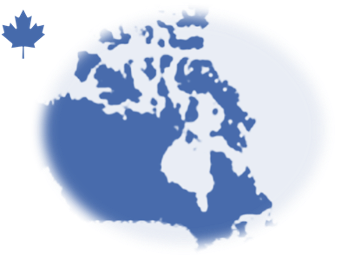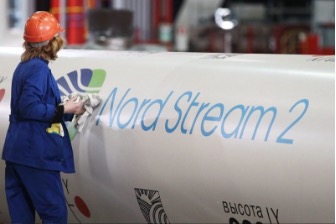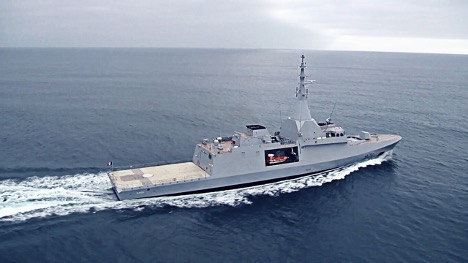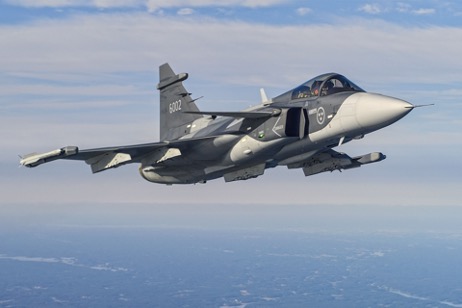Canada, the Freeloader, Rather Than Vested Defence Partner in NORAD and the Defence of North America –
An Article written by Lieutenant- Colonel Andrew Wood CAF published in Journal.forces.gc.ca.
At “Notes from the North we disagree with Colonel Wood’s position. Here are excerpts from Colonel Wood’s article with comments by ‘Notes from the North’ .
While Colonel Wood feels that Canada should work harder to work with the US and keep the NORAD partnership alive, “Notes from the North’ takes the position that Canada should leave NORAD and defend our own airspace. While Colonel Wood fees that Canada should work harder to placate the US, hear at ‘Notes from the North’ we feel that the US using Canada as a killing zone in some future superpower showdown really isn’t beneficial to Canada. Particularly when it is stated US policy that they WILL NOT defend Canada. Lee Berthiaume, The Canadian Press – Published Thursday, September 14, 2017 11:48AM EDT. In this post there are some agreements and some disagreements.
The North American Aerospace Defence Command (NORAD) is often framed as the benchmark in the Canada-United States (U.S.) relationship. It is charged with defending North America in the Air and Maritime domains. NORAD’s three mission are Aerospace Command, Aerospace Control and since 2006, Maritime Warning. Despite Canada’s repeated commitment to NORAD and the defence of North America as emphasized in Canada’s latest defence policy ‘Strong , Secure, Engaged, a lack of political willingness, a diverted focus in favour of overseas operations, and a failure to invest in the capabilities required to maintain NORAD as a credible defence, has resulted in the Command’s falling behind in its effectiveness to carry out its assigned missions.
This article contends that a political commitment to the Canada-US relationship, combined with the policy and capability investments required to modernize NORAD, is urgently needed to restore the relevance of NORAD and render it an effective deterrence. These factors are, however, unlikely to be considered, due to the short-term political vision of Canadian politics. Canada, while considering itself equal, has always been the junior partner in an unequal relationship, and as the threats and organization have evolved, that gap has widened. The passing of 40 years since the last significant series of investments exposes the neglect both governments have placed upon continental defence. USNORTHCOM and United States Strategic Command (USSTRATCOM) to (have adopted) the ballistic missile mission set. This decision marginalized NORAD and the extant mission set, challenging its continued relevance.
The challenge for Canada remains the maintenance of sovereign control over its diverse and expansive geography. Bordering three oceans, the world’s second largest landmass, a low population density and the world’s longest undefended border. The ability to maintain domain awareness and the ability to exercise sovereign control would be hugely taxing for Canada alone. Space-based capabilities enable the U.S. to act independently, leaving Canada woefully short of the capabilities required to address them alone. As such, Canada needs to make substantive efforts to make NORAD relevant to the United States. Yet outsourcing to the U.S. to provide this on our nation’s behalf erodes Canada’s sovereignty. Space-based capabilities enable the U.S. to act independently, leaving Canada woefully short of the capabilities required to address them alone. As such, Canada needs to make substantive efforts to make NORAD relevant to the United States.
What NORAD has provided to Canada, especially, ready access to the huge U.S. military capability and investment structure. the strategic viewpoint of the United States, and its seemingly-limitless intelligence and decision making network, providing Canada a more influential global position than might be expected or deserved. The financial costs are such that Canada would not have been able to meet them with its significantly smaller defence budget.
“Canada’s new defence policy announced by the Liberal government of Justin Trudeau in June 2017—entitled Strong, Secure, Engaged (SSE) —is indeed a case of “old wine” (an established and largely unchanging Canadian defence policy) in a “new bottle” (a new defence policy statement).”
Canada has traditionally prioritized its CAN-US relationship more in terms of economics. The view that a dollar spent on defence is a dollar not spent on social programs, education or infrastructure development, leads to the marginalization of defence. Canada can no longer depend upon the U.S. to bear the ‘lion’s share’ of the financial burden for the shared defence of North America.




